Antisocial network: Facebook online but out of line
Facebook’s reputation has become as toxic as its products as fears mount over mental health, monopoly power and politically motivated censorship.
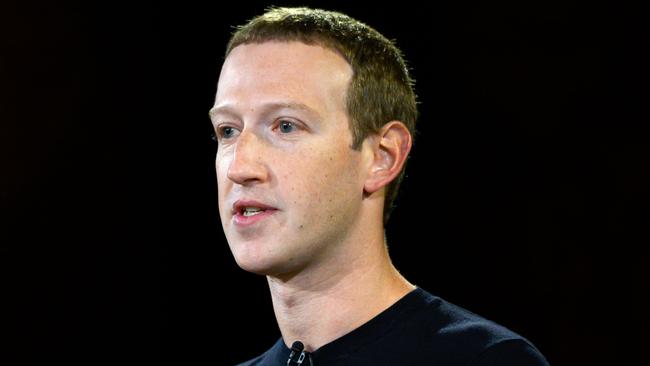
In 2010 Time magazine made Mark Zuckerberg person of the year, founder of one of the most successful and powerful businesses in history.
Last week a pale creepy looking Zuckerberg adorned the cover again, this time with “delete Facebook” taped over his mouth.
Facebook’s reputation has become as toxic as some of its products, following revelations by a former employee that the digital giant concealed research that showed how its products, especially Instagram, harmed teenagers, and especially girls.
“We make body image issues worse for one in three teen girls,” said one Facebook research slide from 2019, pointing out up to 13 per cent of depressed teens traced their suicidal thoughts to Instagram, Facebook’s fastest growing subsidiary, 40 per cent of whose users are under 22.
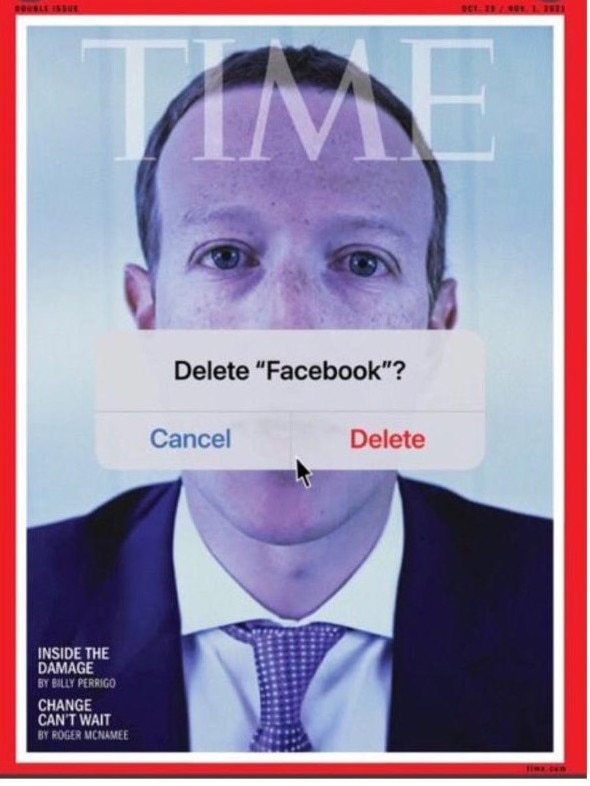
A generation ago children could escape school bullying when they went home. “A lot of adults struggle to minimise their time online, imagine what it’s like to be 12,” Jean Twenge, a professor of psychology at San Diego State University, tells The Australian. “And this is clinically relevant damage,” she adds, noting observable symptoms of depression were twice as likely among heavy users of social media (four to five hours a day).
Facebook’s leaders also knowingly tweaked their online algorithms to fuel social discord and turned a blind eye to drug cartels and human trafficking that have taken advantage of a platform that boasts more than 3.5 billion active users, almost half the world’s population, the leaks revealed.
But it is the damage done to the 25 million American teenagers and young adults who log on to Instagram each day (five times as many who use Facebook), fuelling an annual $100bn advertising bonanza, that have sent a shockwave through America’s ruling class.
“Facebook and Big Tech are facing their Big Tobacco moment,” said Democrat senator Richard Blumenthal, chair of the congressional committee that interrogated Facebook whistleblower Frances Haugen last week. “The public has been engaged and outraged in a very different way.”
The revelations are the latest in a series of criticism against Silicon Valley tech giants that have been mounting for years, aimed variously at their impact on mental health, monopoly power, and politically motivated censorship.
Facebook’s global head of communications, former British deputy prime minister Nick Clegg, last week said Instagram’s popularity belied its harmfulness, eerily reminiscent of arguments put by big tobacco companies half a century ago, as the link between cancer and smoking became clear.
“People download them on their phones, and why do they do that? I mean, there has to be a reason why a third of the world’s population enjoys using these apps” Mr Clegg said.
While social media obviously has benefits, enabling instant, rich forms of communication like never before, its potential to retard mental health has become obvious even to Silicon Valley’s elite, who increasingly put their own children in the city’s growing establishment of “low-tech” schools, such as Brightworks and Waldorf.
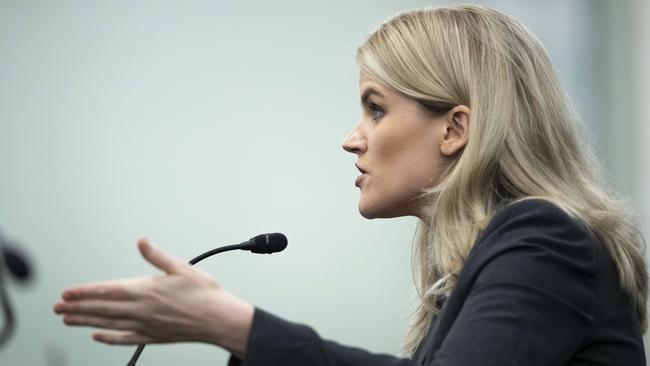
Snapchat founder Evan Spiegel and his wife Miranda Kerr put limits on social media time for their own children.
Mina Roukbi, a personal trainer at a gym in Washington DC, routinely takes time out from Instagram, using phone settings that limit the amount of time she can look at it. “The times that either I’m off it for a little bit or I don’t have access to my phone I definitely feel better,” the 24-year-old said.
Roukbi, who has used Instagram since she was 16, developed a two-year eating disorder as a teenager. “There was obviously not one defining moment that caused it, but I think the influence of social media was a part of it … always thinking that being thinner was more beautiful, just like in all the pictures,” she says.
For Ed Peisner, an online safety advocate whose 15-year-old son Jordan was randomly bashed in 2016 by a another teenager at a Wendy’s fast food outlet in California, the harm of social media extends far beyond mental health.
“None of this was a revelation to me; I’ve been saying this at literally thousands of schools across the country talking to hundreds of thousands of students,” he says.
“After Jordan came out of hospital, I had a mission which was to turn my personal mess into a message.”
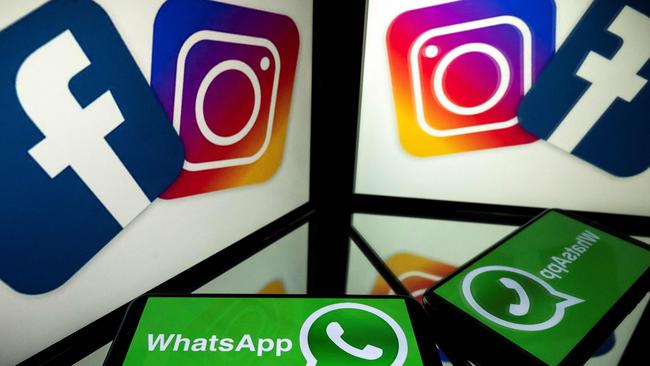
Witnesses and friends of Jordan’s attacker quickly uploaded the videos to Snapchat and Instagram, which prompted the passage of “Jordan’s law” in California, America’s first state law to deter social media-motivated violence.
The Organisation for Social Media Safety, founded in the wake of the assault, estimates attacks committed for the purpose of being filmed and distributed on social media, to gain “likes” for the poster, have doubled every year since 2006.
Social media also has a class dimension. “If you look at number of hours a day that teens spend it tends to be higher among lower socio-economic status families,” says Twenge, whose book IGen tracks how the generation of young people born after 1995 have become less happy.
But even Zuckerberg doesn’t believe Instagram, a platform awash with grotesque displays of vanity, narcissism and privilege – often fake – will self-correct.
“We’re committed to doing the best work we can, but at some level the right body to assess trade-offs between social equities is our democratically elected congress,” he said last week.
One year ago more than two-thirds of Americans believed social media giants had too much power, and had a mostly negative effect on the country’s development, according to the respected Pew Research Centre.
“When we realised tobacco companies were hiding the harms it caused, the government took action,” Haugen said in her Senate testimony last week. “When we figured out cars were safer with seatbelts, the government took action. And today, the government is taking action against companies that hid evidence on opioids.”
If the stars were ever aligned for major regulation of big tech companies, especially Facebook, it would be now. But the platforms are arguably the most powerful group of companies ever.
In May 44 US states wrote to Zuckerberg imploring him to end plans for a new Instagram Kids app, tailored for children aged 13 and under. But it was only last month, amid intense scrutiny, the company finally decided to “pause” the launch.
“They are all extraordinarily powerful and dangerous,” says Matthew Stoller, a former Democrat staffer, author and vocal critic of Silicon Valley. “They can’t just go and shoot coalminers, but they structure and personalise information, plus they are global.”
The cartels that once controlled American oil, rail and telecommunications had vast financial muscle but never controlled the flow of information too, with the power to snuff out problematic political candidates with a few tweaks of an algorithm.
“There’s no proof they would do this, but do you want to be the guinea pig in that situation; even implicit threats are very important” says Luigi Zingales, a professor of economics at the University of Chicago.
“If I search for ‘Biden’ and news about Hunter Biden comes up first, I may not vote for his father. By contrast, if the bad news about Biden only shows up on the second page of search results, I might happily vote for Biden.”
For all the fury in congress, no concrete reforms have emerged. Twenge argues the minimum age for using social media should be lifted to 16 or even 18.
“It’s actually already 13 under the Children’s Online Privacy Protection Act but there’s no enforcement, and few people even realise this,” she says.
Peisner says social media companies should be forced to “open up their APIs” to allow monitoring software on all platforms so parents can always see what their children are looking at.
Reform efforts have focused overwhelmingly on making tech more competitive, which is difficult when the very appeal of a digital platform, be it Facebook, Google or Snapchat, is related to the number of people who use it.
Congress introduced six bipartisan bills in late June aimed at clipping Big Tech’s wings, from preventing future mergers, to beefing up regulatory agencies and even breaking the companies up. They are unlikely to progress much this year.
And Zingales says they ignore the most pressing requirement. “They control the data which gives them control of academic research,” he says. Unlike tech companies, Big Tobacco never knew who purchased their cigarettes, when or how many.
Any reform, even to moderate content to curb mental health problems, will be difficult. The Biden White House, which has lent on Big Tech to stifle Covid-19 misinformation throughout the pandemic, has said little about the Facebook revelations.
MORE: Adam Creighton explores Biden’s America
Technology companies have expanded their lobbying. Amazon, Apple, Facebook and Google spent $53.6m last year – more than Wall Street, pharmaceutical and energy firms.
Joe Biden’s presidential campaign received at least $15.1m from employees of Google, Alphabet, Microsoft, Amazon, and Facebook – the five largest sources of donations for his campaign.
By contrast the top sources for Donald Trump’s campaign were employees of American Airlines, Boeing, and Bank of America.
Apple chief executive Tim Cook called every Californian representative in congress earlier this year to lobby against change. “In California it would be like Germans taking on car companies, it’s not going to happen,” says one senior congressional aide.
The tech giants will always have a sympathetic ear in Vice-President Kamala Harris too, a former San Francisco district attorney whose career has soared with the enthusiastic backing of Silicon Valley.
Republicans, while enjoying less financial and ideological support from Big Tech, have traditionally had an ideological bias against tampering with private businesses, no matter how large. That’s changing though, especially following Twitter’s expulsion of Trump.
“They are just authoritarian, they want to structure a world that preserves a kind of moral hierarchy and transform mankind,” Stoller says. “They get on very well with the PRC; they’ve been trying aggressively to get into China.”
If regulators fail to rein in the power of Big Tech in coming years, mental health concerns won’t be the main problem facing liberal democracies.


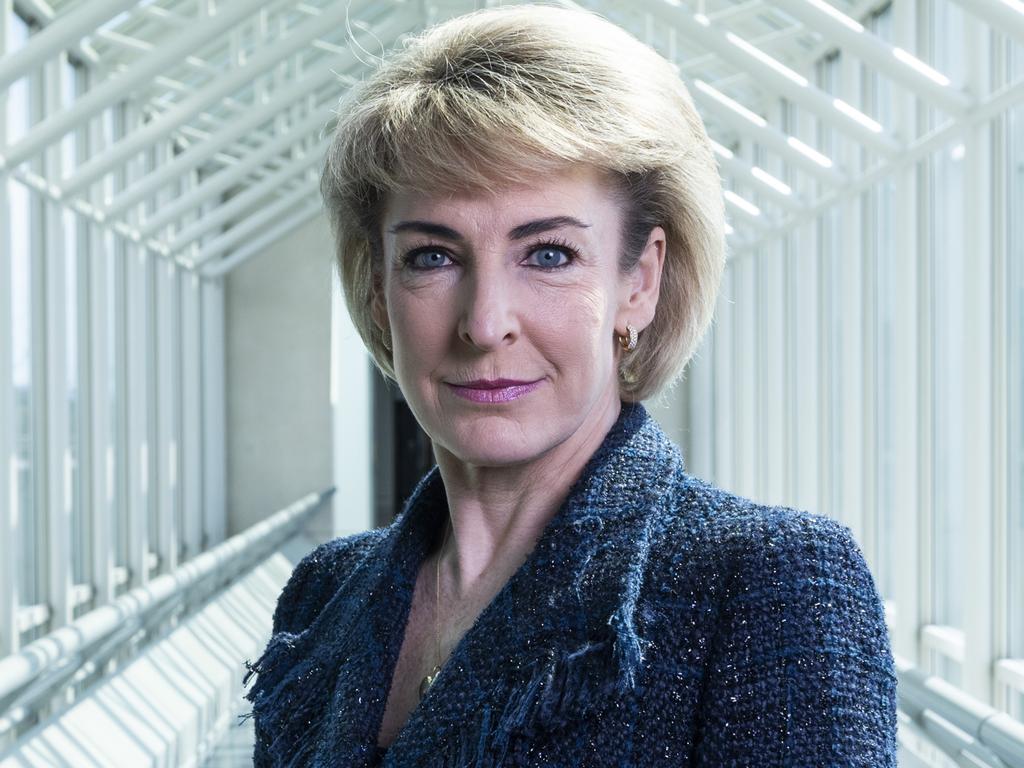


To join the conversation, please log in. Don't have an account? Register
Join the conversation, you are commenting as Logout